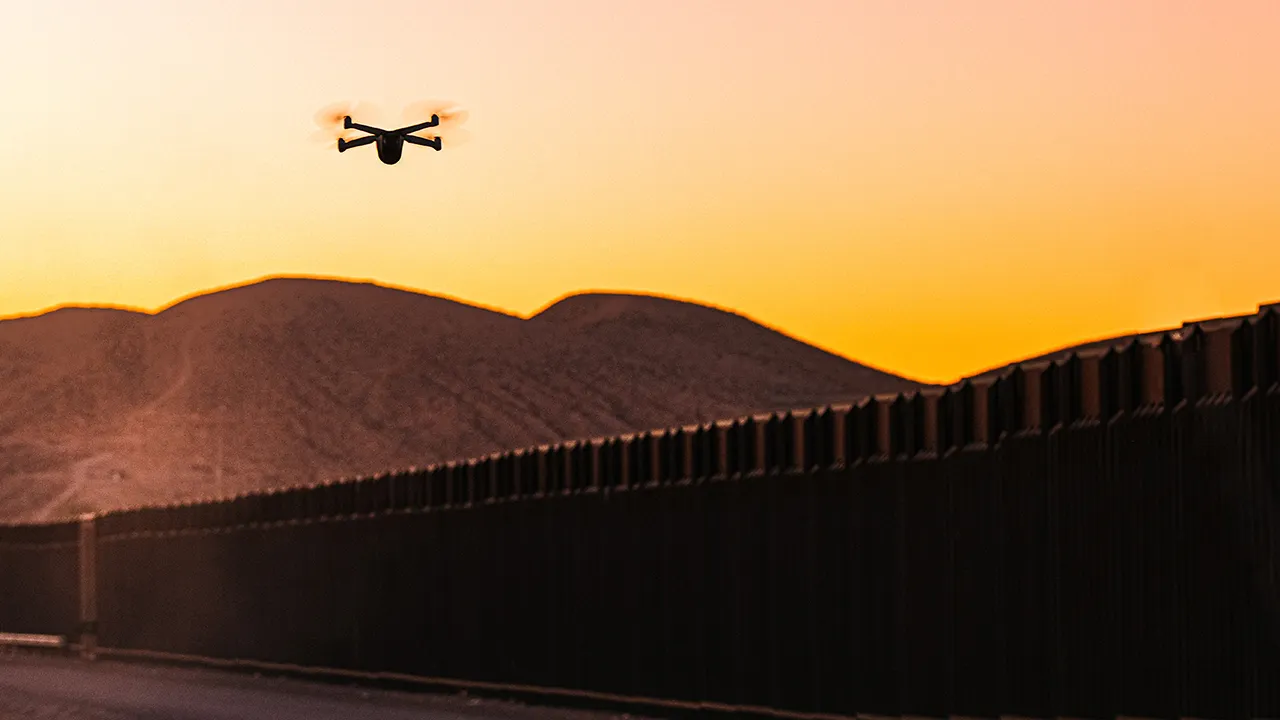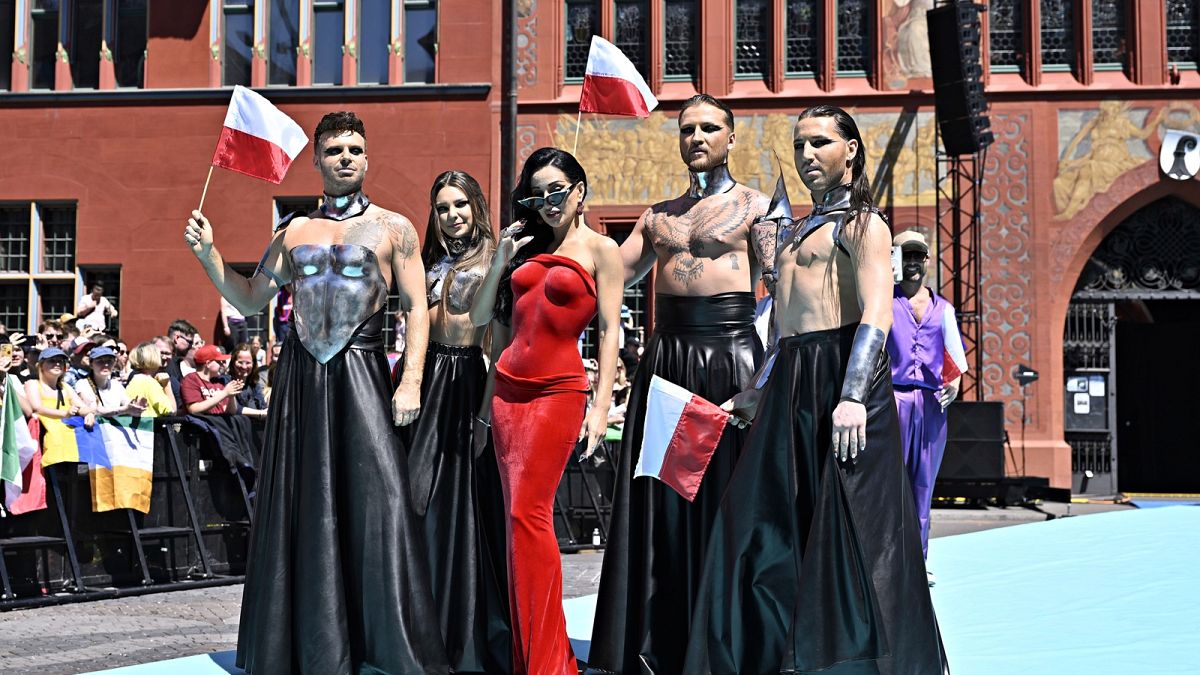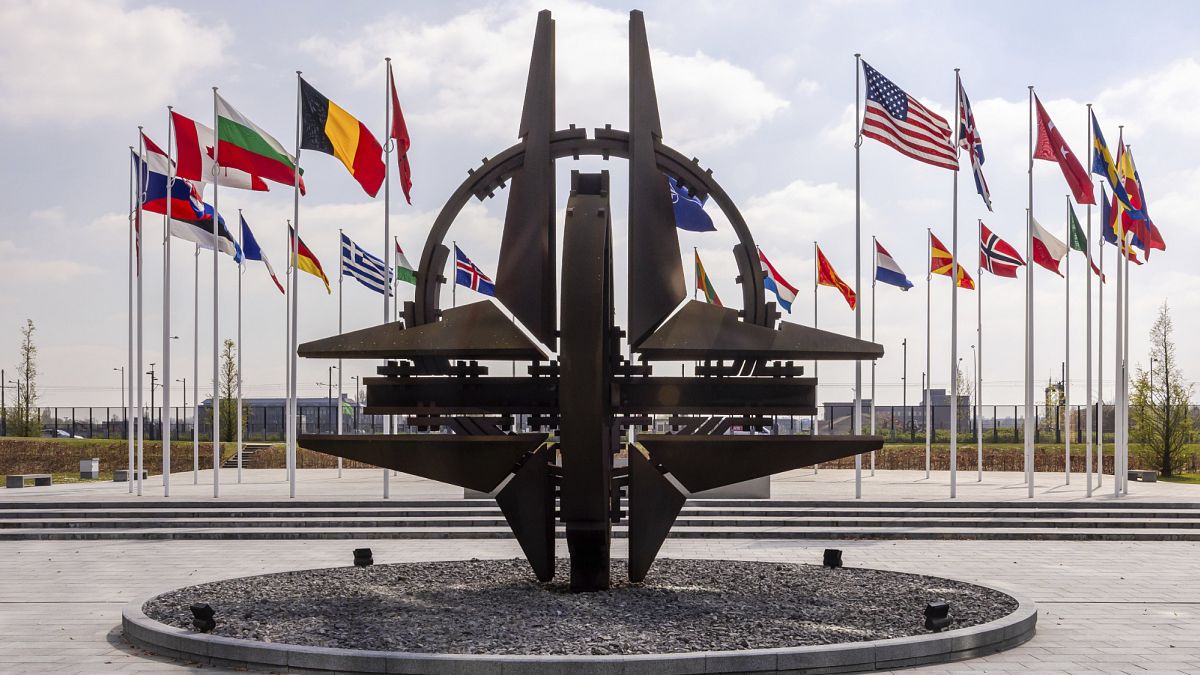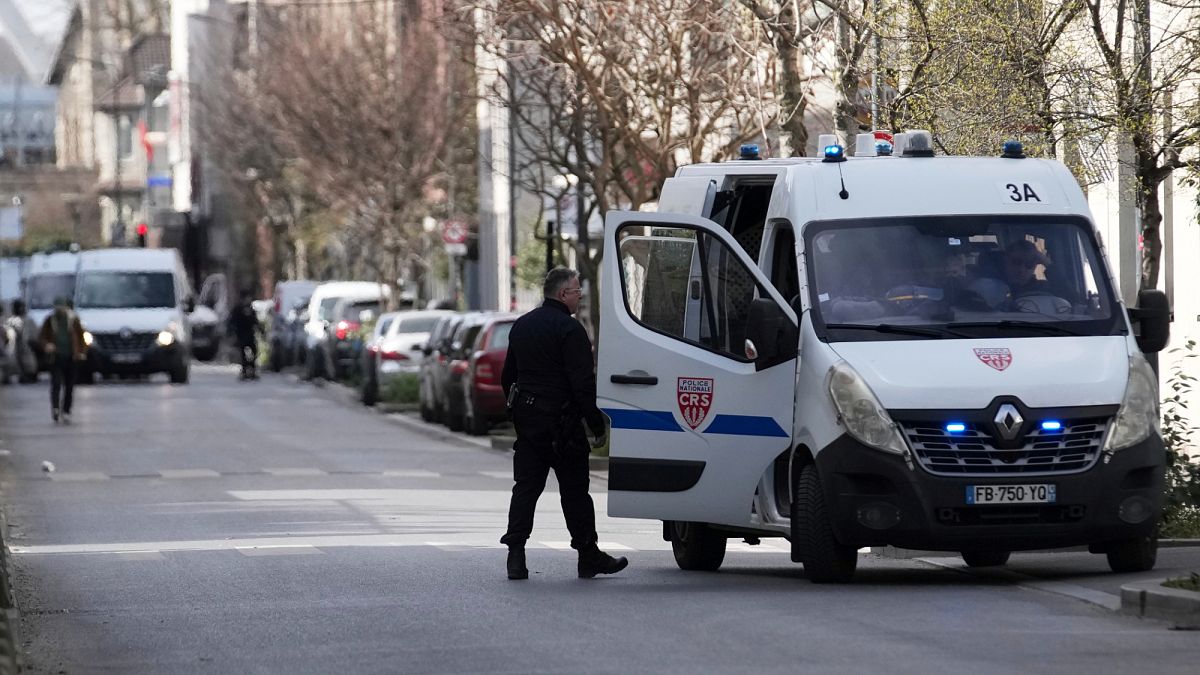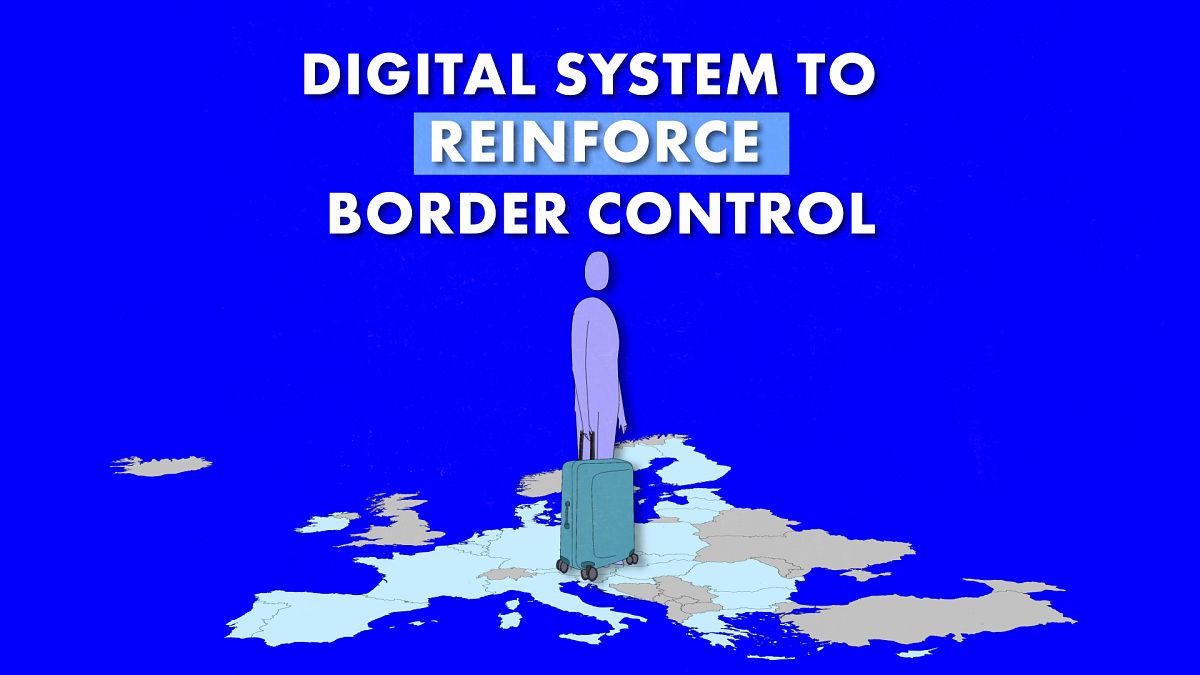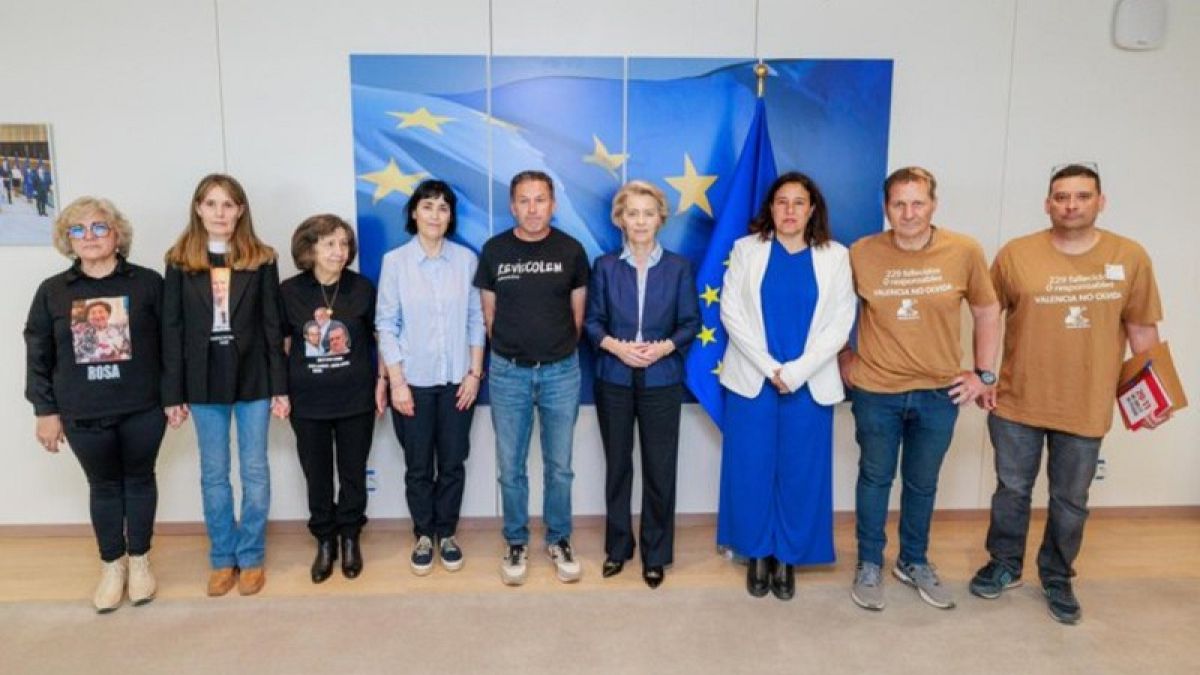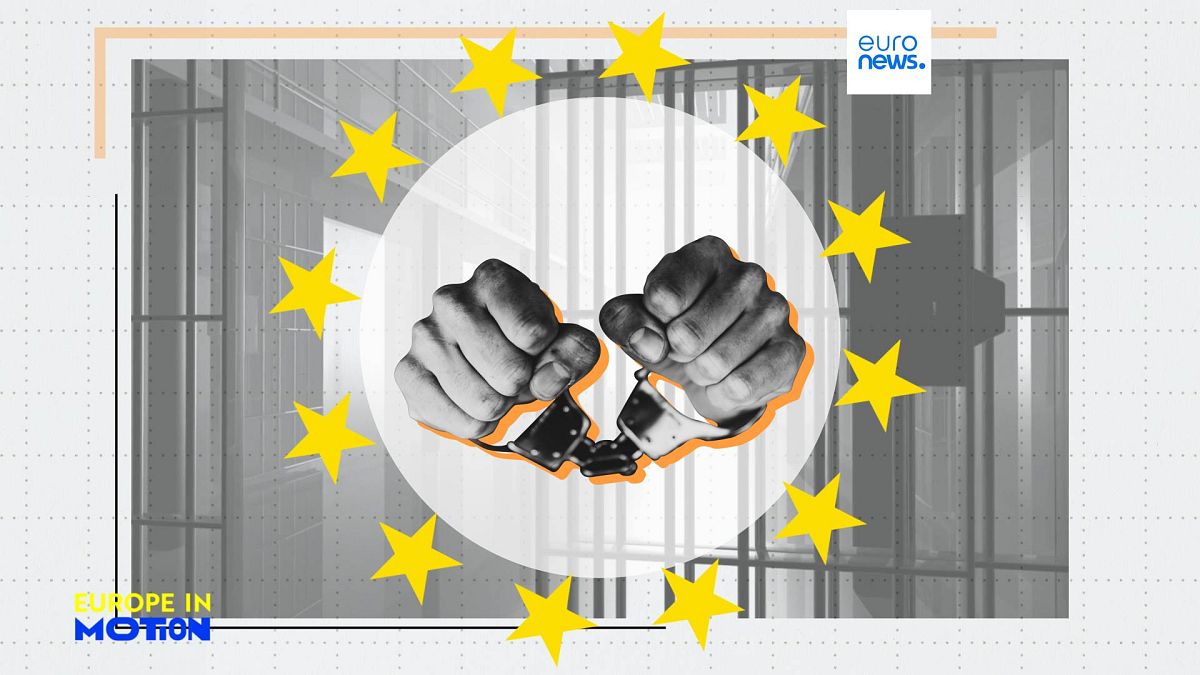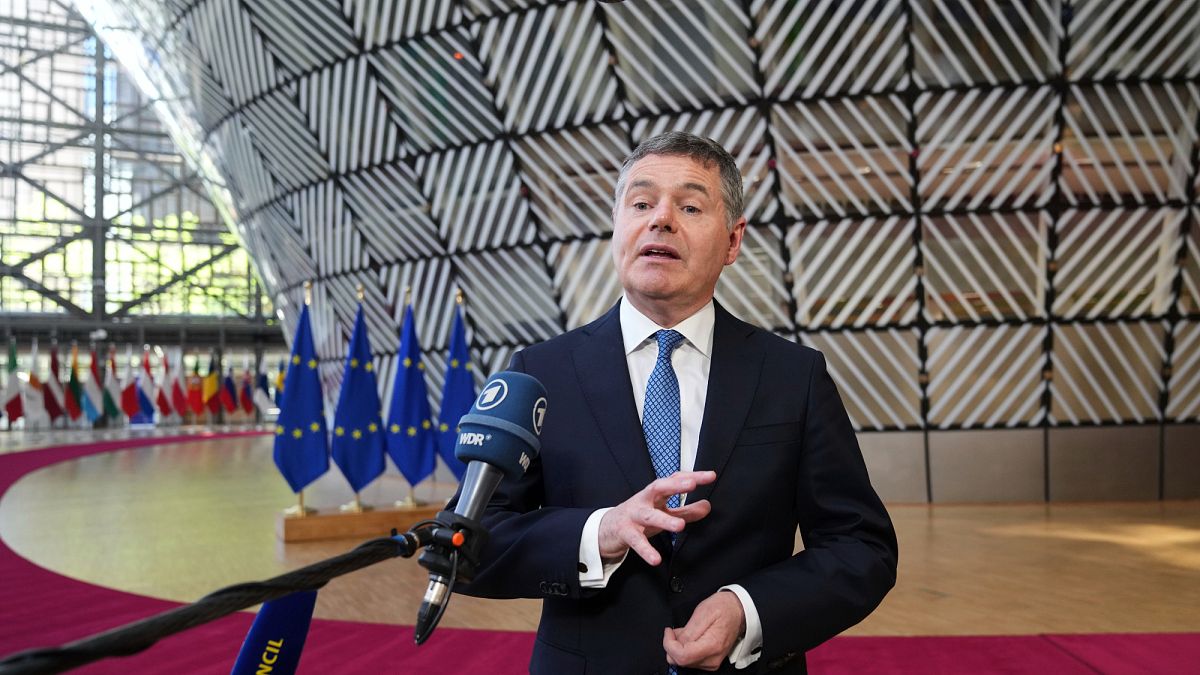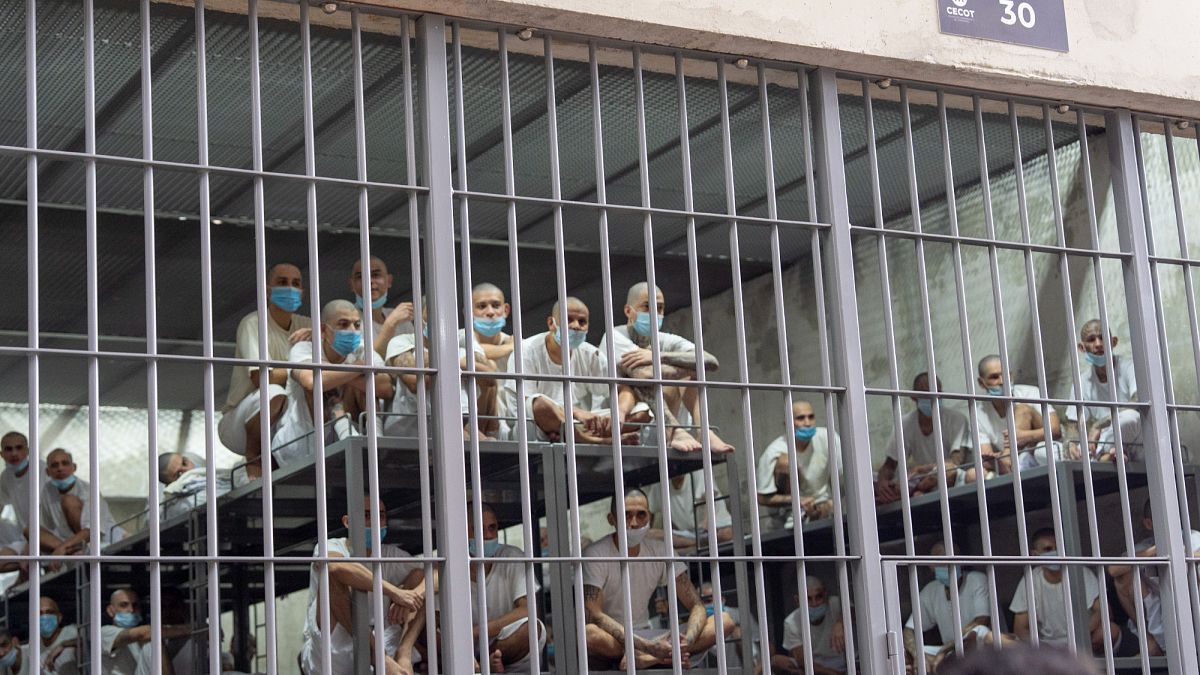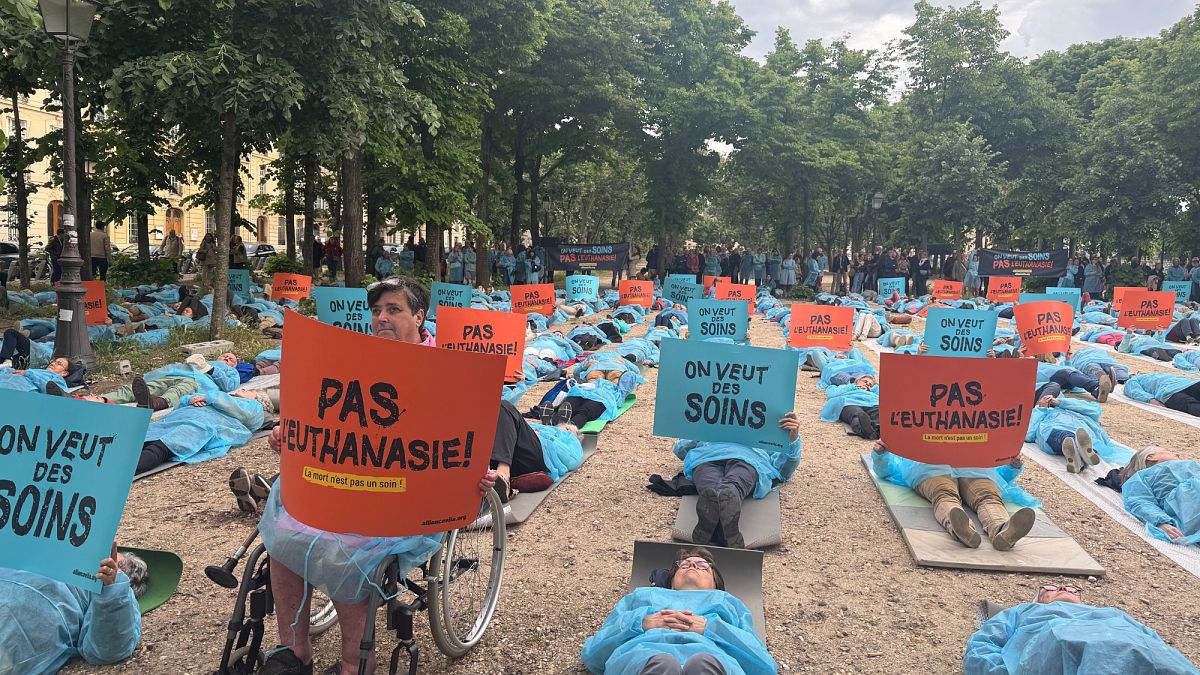Fans attending the Eurovision Song Contest in Basel, Switzerland, will be allowed to wave the European flag, the organisers have confirmed, reversing a highly controversial ban that last year triggered public backlash and a furious reaction from Brussels.
Artists will however face limitations inside designated official areas, such as the main stage, the green room and the turquoise carpet, where “only the national flag may be used”, a spokesperson from the Swiss Broadcasting Corporation (SRC SSR) said.
“Outside these official areas, delegations are subject to the same flag rules as the general public: all flags permitted by Swiss law are allowed. This means that different expressions of personal, cultural or regional identity remain possible,” the spokesperson said in a written statement. “Therefore, the European flag may be used.”
The same rule applies to the Rainbow flag, which is a recurrent sight at Eurovision due to the contest’s strong connection with the LGBTQ+ community, and the Palestinian flag.
The guidelines were developed by SRC SSR in cooperation with the Geneva-based European Broadcasting Union (EBU) to create a “balanced approach” for both audience members and participating delegations, the statement noted.
In an interview with Euronews, Martin Green, the director of the Eurovision Song Contest, explained that artists would be required to appear “under one flag” inside the official areas but that greater freedom would be promoted in all other spaces. The differentiation, he argued, would help uphold Eurovision’s mantra of “united by music”.
“There’s a lot of ways that people want to express their identity and Eurovision has always been a space where we’ve actively encouraged and celebrated that,” Green said, when asked about the possible display of the European symbol.
“So we can be clearer when we’re on stage so people know exactly what to do and not do, but be relaxed when we are off stage and I think that creates the balance.”
While considerably less stringent than last year’s ban in Malmö, the new rules are still contentious as they appear to contradict the nature of European Union citizenship, which is granted automatically to anyone holding the nationality of a member state.
EU citizenship enables a variety of rights, including freedom of movement across the bloc’s territory, stronger consumer protection and healthcare access.
In Brussels, the European Commission regretted the limitations without denouncing them, calling them “disappointing”. Last year Margaritis Schinas, then Vice President, sent a letter to the EBU asking them to explain the “rationale” behind the ban and attribute “responsibility where it is due”.
The measure in Sweden had seen fans denied entry until they surrendered the EU flag.
“Obviously we would be happy if EU flags are promoted at the Eurovision Song Contest because we know Eurovision is a very popular hit parade,” a Commission spokesperson said on Tuesday afternoon. “Nevetherless, we’re not the organisers of the Eurovision so it’s up to the organisers to set up the rules.”
“We are committed to promoting EU citizenship,” the spokesperson added. “But we can’t really influence the situation.”
The flag of Europe, with its distinct reflex blue and 12 yellow stars, was designed in 1955 by the Council of Europe, a human rights organisation with 46 members, and gained further recognition in the 1980s after the EU made it its landmark symbol.
The flag is often displayed in public buildings across the 27 member states next to the national flag, with the same degree of visibility.
Gerardo Fortuna contributed reporting.
